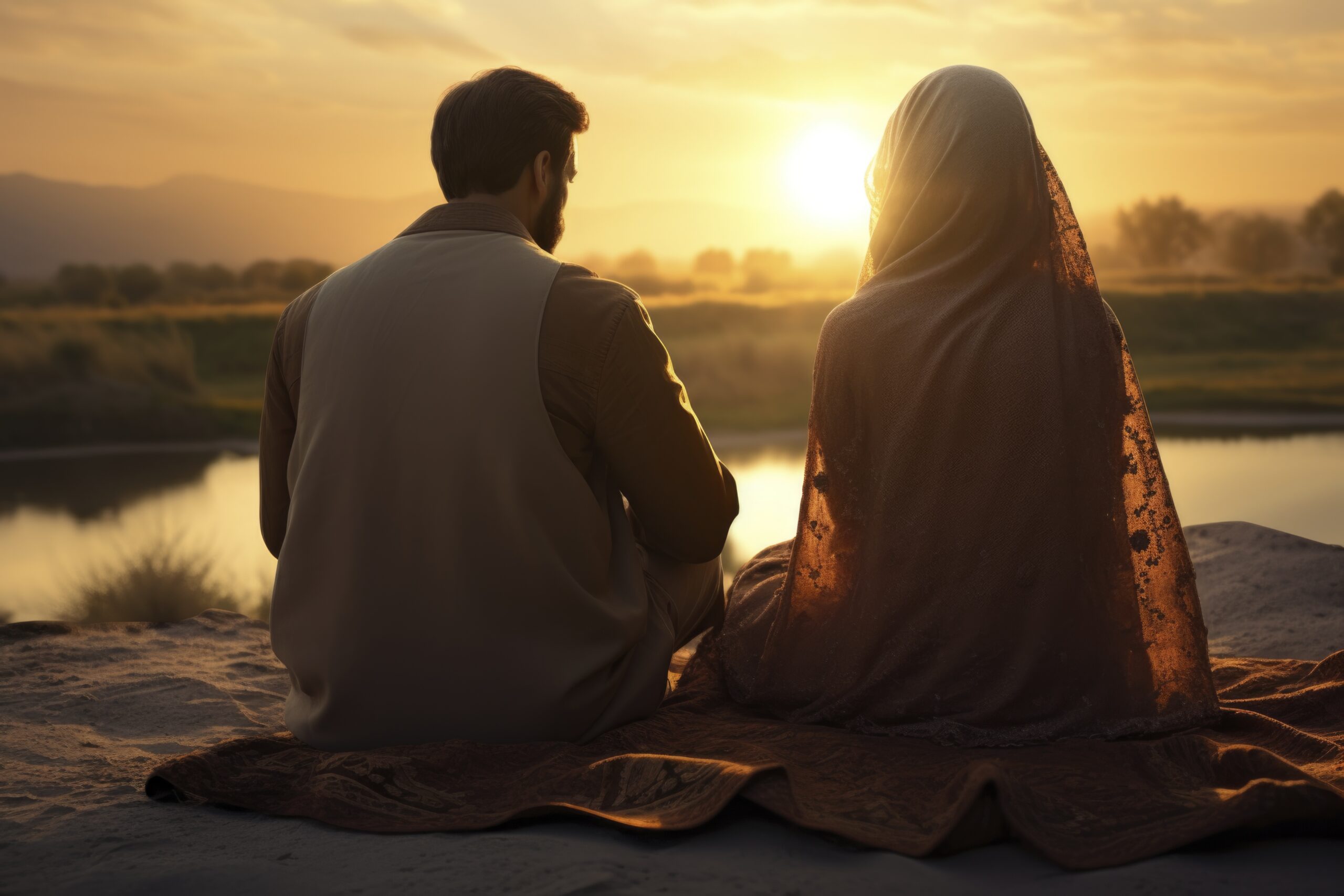The Department of Home Affairs recently issued 33 marriage certificates that formally recognise Muslim marriages in South Africa following many years of contentious litigation and advocacy for the reform of the South African marriage laws.
In a public announcement published on 25 October 2024 on the Department of Home Affairs website, the Minister stated that the Department is proud to announce that it has issued the first-ever South African marriage certificates officially recognising the “type of marriage” as “Muslim”.
In the past, Muslim couples for purposes of legally registering their marriages would either choose the civil or customary option on the marriage registration form because the law did not at the time recognise Muslim marriages.
The Constitutional Court however in the landmark case of Women’s Legal Centre Trust v President of the Republic of South Africa and Others 2022 (5) SA 323 (CC) found that the failure of the Marriage Act 25 of 1961 and the Divorce Act 70 of 1979 to recognise Muslim marriages not registered as civil marriages was unconstitutional.
As a result, certain provisions in the Marriages Act and the Divorce Act were declared to be inconsistent with the provisions of the Constitution of the Republic of South Africa, 1996 as these provisions failed to recognise Muslim marriages as being valid. The Constitutional Court ordered that Parliament remedy and amend the provisions in the Acts for Muslim marriages to be recognised as valid marriages and to regulate the consequences arising from such recognition within 24 months from the date on which the order was granted.
On 09 May 2024, President Ramaphosa signed into law the Divorce Amendment Bill which in accordance with the Constitutional Court order, amended the Divorce Act of 1979 to recognise and govern the dissolution of Muslim marriages and further protect the interests of Muslim women and children when a Muslim marriage is dissolved.
The amendments to the Act included a provision for a definition of Muslim marriages, the protection and safeguarding of the interests of children and dependents of Muslim marriages as well as the redistribution of the assets on the dissolution of a Muslim marriage and forfeiture of patrimonial benefits of a Muslim marriage.
Under the new amendments, the DHA on 25 October 2024 enabled the retroactive recognition of Muslim marriages by virtue of making changes to its internal systems by recognising the “type of marriage” as “Muslim” and consequently issued 33 marriage certificates for Muslim marriages.
The Minister of the DHA said, “Members of the Islamic faith community have made extraordinary contributions to South Africa’s history for more than 350 years” and that “this is a major step towards enhancing the dignity of this faith community and reflects the ongoing commitment to nation-building and a celebration of South Africa’s unity in diversity”.
At a fee of R20, individuals wishing to register their marriage as Muslim are allowed to request a reprint of their marriage certificate specifying that they wish to change the wording to reflect that it is a Muslim marriage.
The Secretary General of the United Ulama Council of South Africa (UUCSA) in a press statement, however, advised the Muslim community not to register their marriages with the DHA for the following reasons:
- Muslim marriages continue to lack formal legal recognition for all purposes,
- The issuance of the certificates serves primarily to assist the Department in updating its marriage database, and
- In order for the DHA to enhance the dignity of Muslim individuals, it is imperative that it propose and enact legislation that recognises Muslim marriages in accordance with Shariah Law.
Similar to the concerns raised by UUCSA, the Muslim Judicial Council of South Africa (MJC SA) released a statement in which they held that the documents by themselves cannot constitute a Muslim marriage and is not consistent with Shariah Law. It further held that it remains committed to the Muslim Marriages Bill as well as the Muslim Personal Law as submitted to the South African government.
It is evident that the issuance of the 33 marriage certificates should not be construed as a final resolution pertaining to the legal recognition of Muslim marriages but rather as steady progress of formally recognising Muslim marriages in South Africa, the rule of law, and equality in the country.
This article serves as a follow-up to a previous article regarding Muslim Marriages in South Africa. Click here to read the previous article https://mayet.law/muslim-marriages-in-south-africa-what-you-need-to-know/






